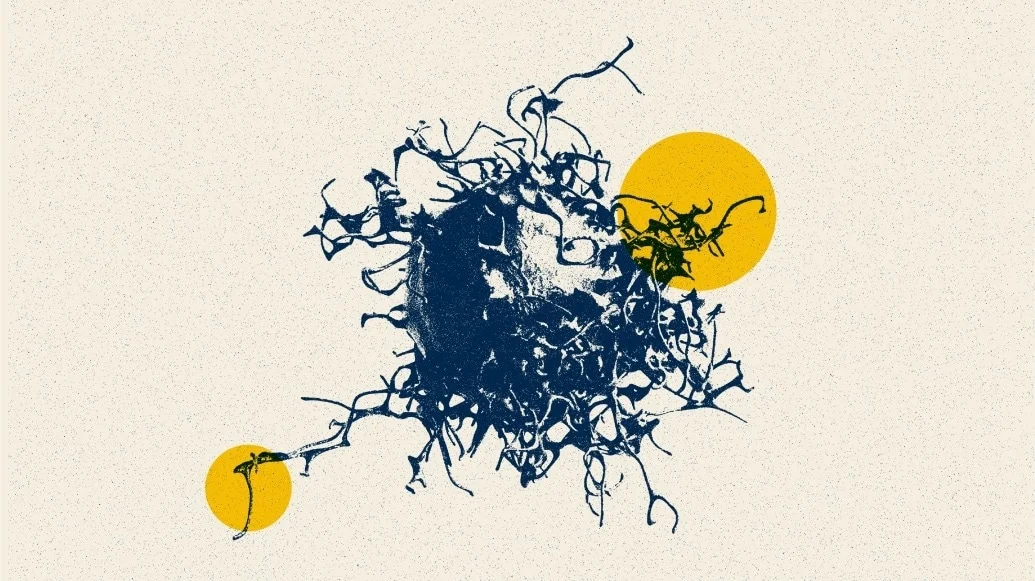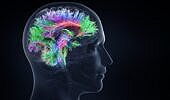Using artificial intelligence, researchers have discovered how to examine the genetic mutations of cancerous brain tumors in less than 90 seconds
A team of neurosurgeons and engineers from Michigan Medicine, in collaboration with researchers from New York University, the University of California at San Francisco, has developed an artificial intelligence-based diagnostic screening system, called DeepGlioma, which uses rapid imaging to analyze tumor samples taken during an operation and find genetic mutations faster. In the study of more than 150 patients with diffuse glioma – the most common and deadly primary brain tumor – the newly developed system identified the mutations used by the World Health Organization to define the molecular subgroups of the disease with an average accuracy greater than 90%. The results are published in Nature Medicine.
Molecular classification is increasingly important for the diagnosis and treatment of gliomas, as the benefits and risks of surgery vary among brain tumor patients depending on their genetic makeup. In fact, patients with a specific type of diffuse glioma called astrocitoma they can gain an average of five years with complete tumor excision compared with other subtypes of diffuse glioma. However, access to molecular testing for diffuse glioma is limited and not uniformly available in centers treating patients with brain tumors. When results are available, Hollon says, wait times for results can take days or even weeks. Before DeepGlioma, surgeons lacked a method for differentiate diffuse gliomas during surgery. Conceived in 2019, the system combines deep neural networks with an optical imaging method known as spettroscopia Raman o Raman scattering spectroscopy, also developed at the University of Michigan, for imaging brain tumor tissue in real time. Even with optimal standard treatment, patients with diffuse glioma face limited treatment options. The median survival of patients with malignant diffuse gliomas is only 18 months. While the development of drugs to treat cancer is essential, fewer than 10% of glioma patients are enrolled in clinical trials, which often limit participation by molecular subgroups. The researchers hope that DeepGlioma could be a catalyst to further improve future studies in this medical field.






